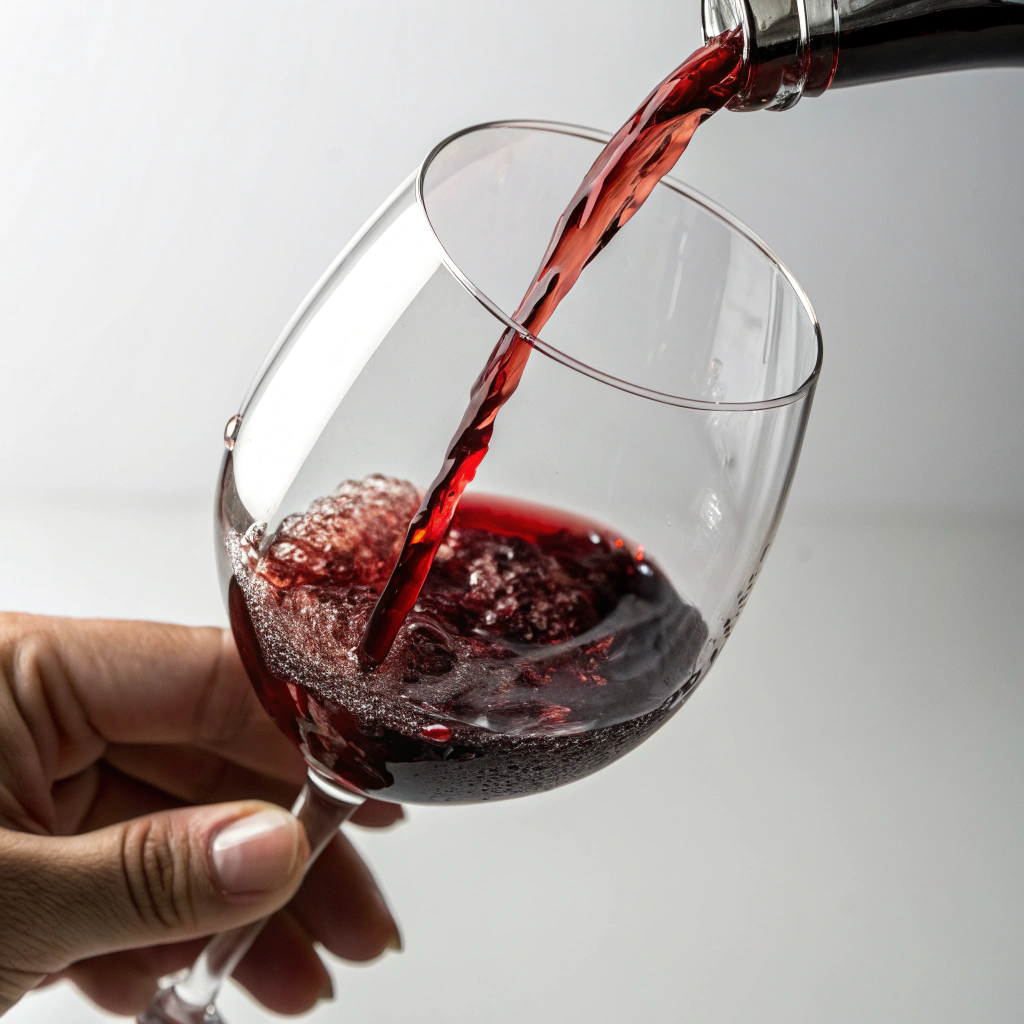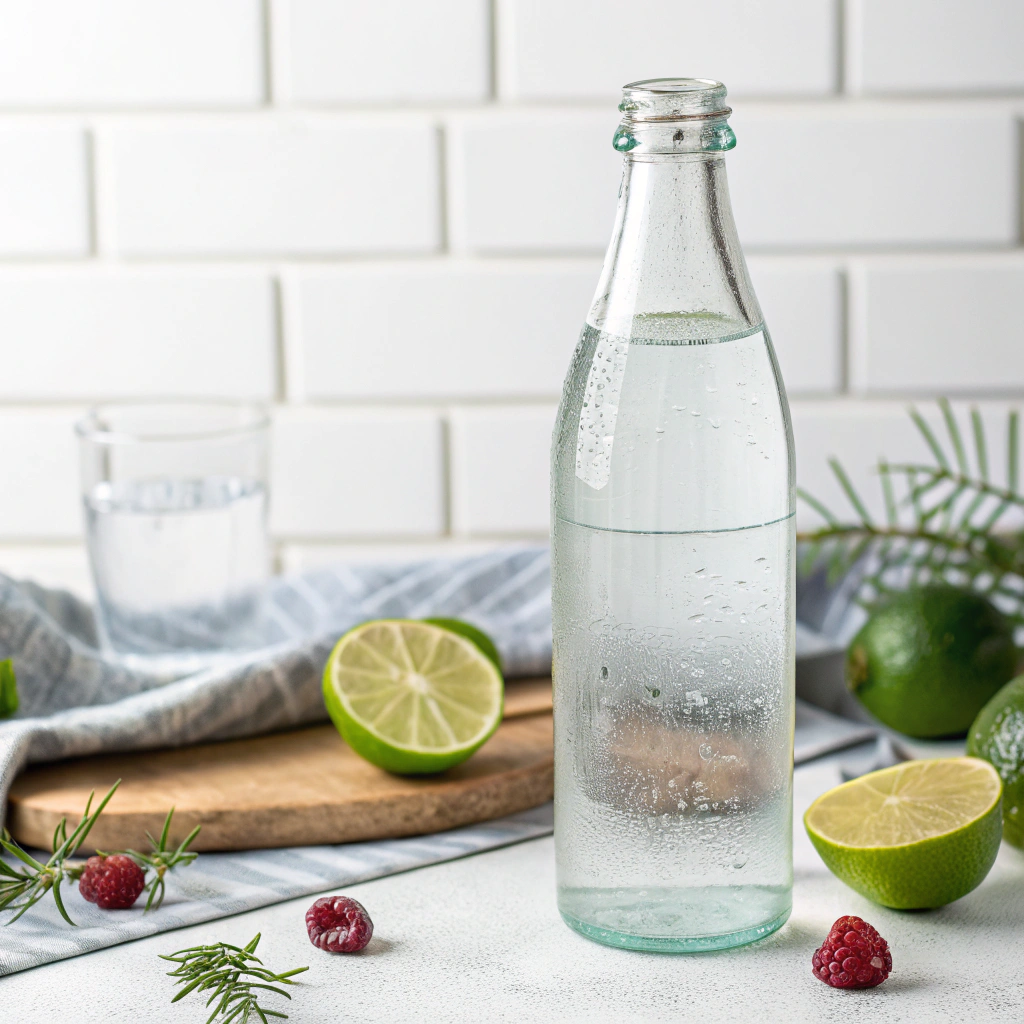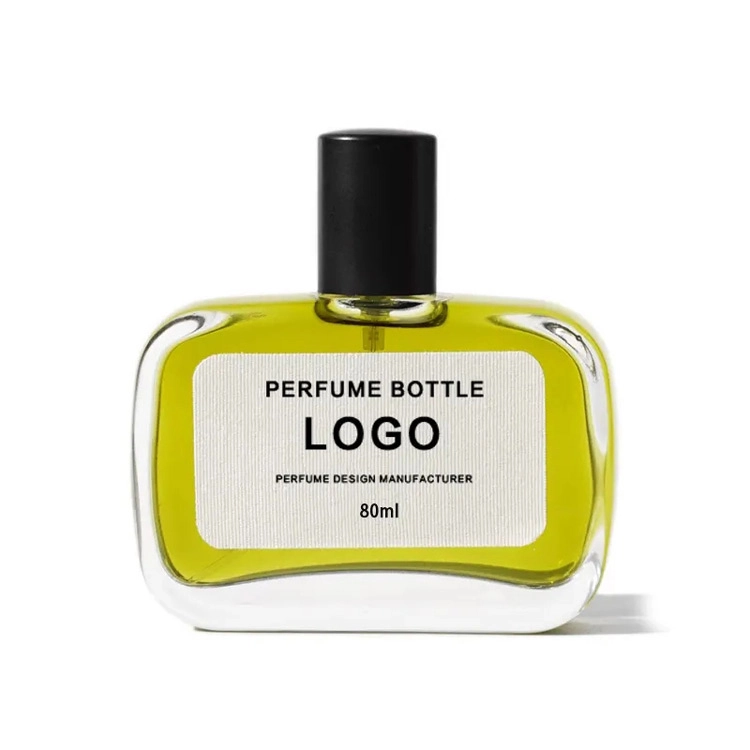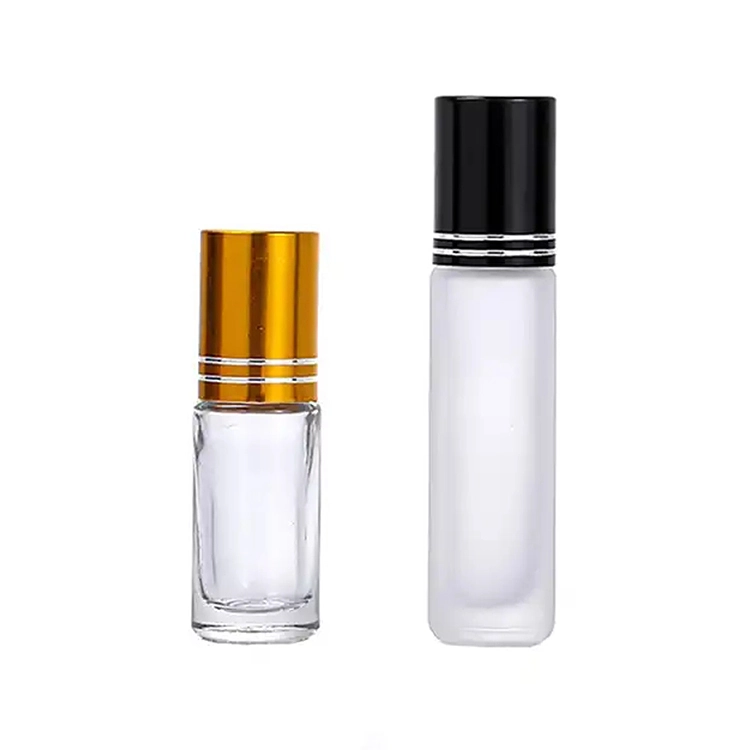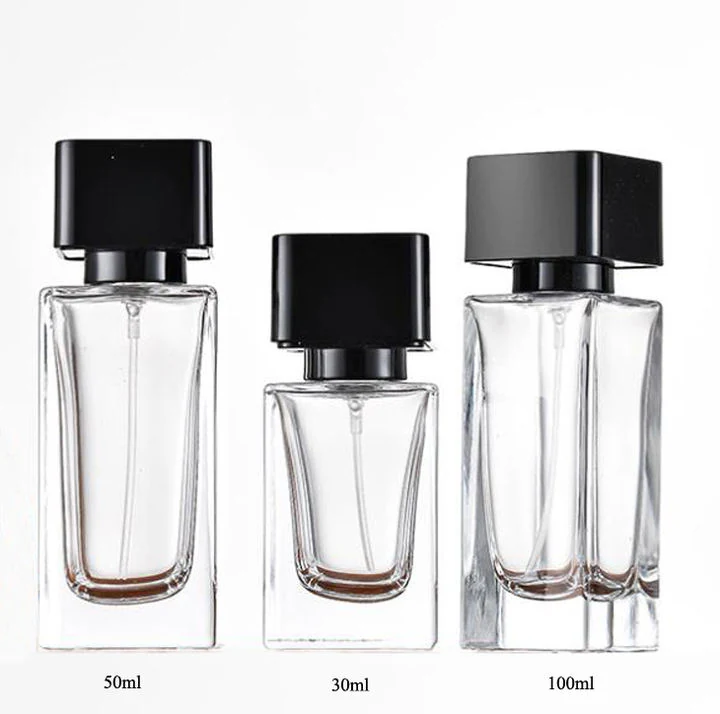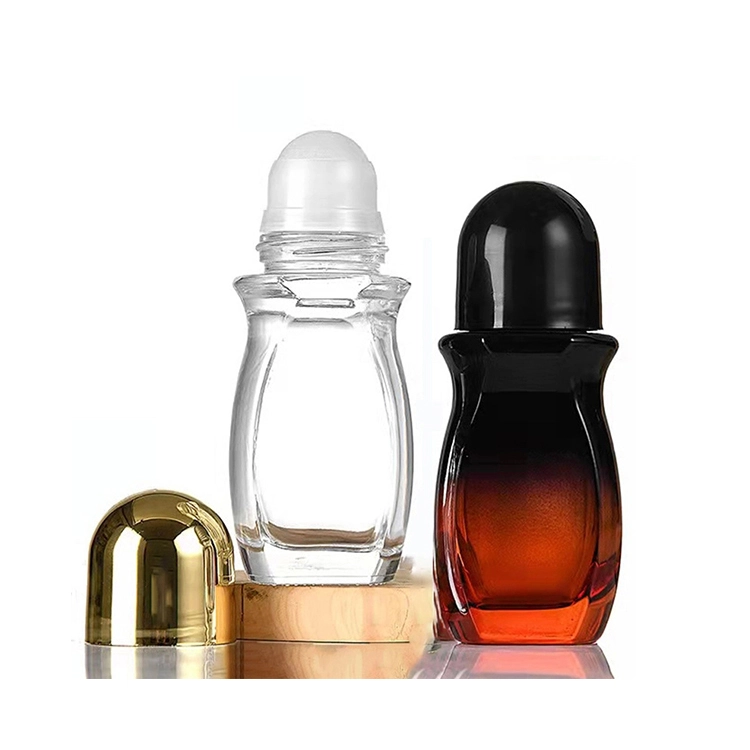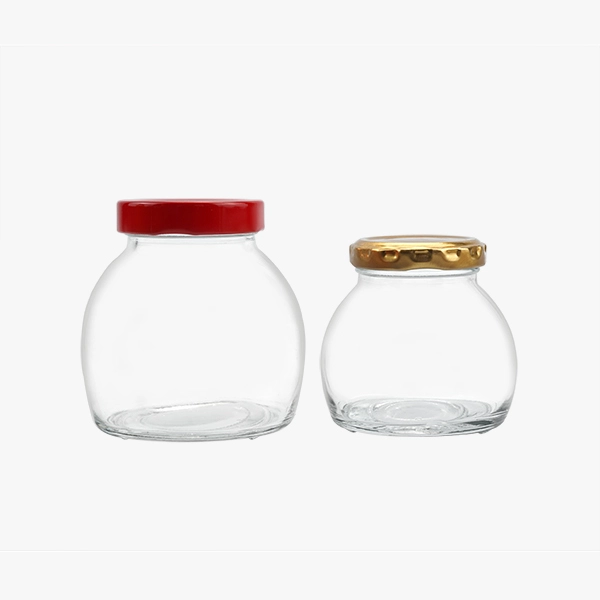
Part 1: Market Size and Growth
Haiti’s glass bottle market is relatively small but vital for the country’s beverage and agro-food industries. Beer, soft drinks, rum, and sauces are the main categories relying on glass packaging. Tourism and exports also play a major role in sustaining demand for premium bottles.
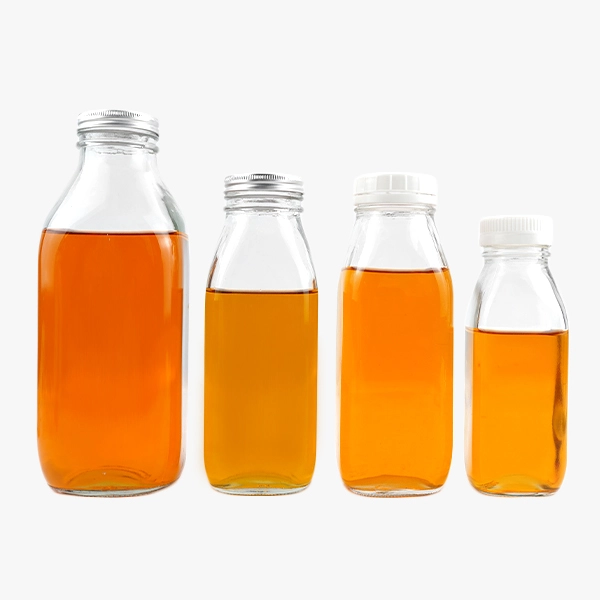
Most glass bottles are imported, primarily from the Dominican Republic, the United States, and Europe. Local companies focus on bottling and branding rather than glass production. This reliance on imports makes trade agreements and logistics critical.
As global sustainability awareness increases, Haitian businesses are adopting glass bottles as eco-friendly alternatives to plastic. This trend enhances brand image and supports international competitiveness.
Part 2: Leading Companies
Brasserie Nationale d’Ha?ti S.A. (BRANA)
Founded in 1973, BRANA is Haiti’s largest brewery and a subsidiary of Heineken. It produces the iconic Prestige beer and other beverages, all packaged in glass bottles.
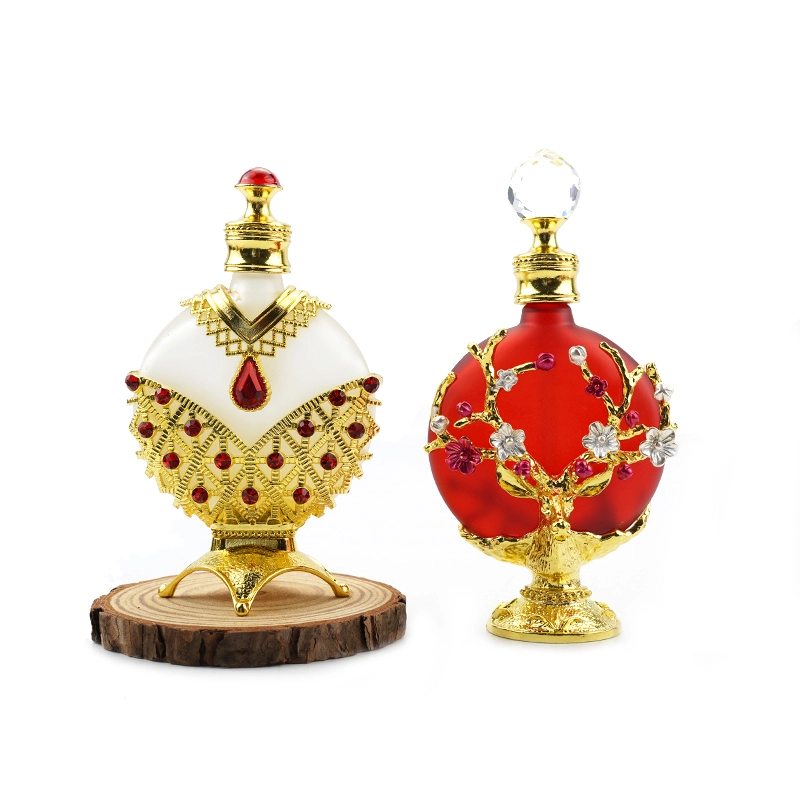
Its portfolio includes beer bottles, malt beverage bottles, and soft drink containers. Glass is critical for both local branding and export success.
BRANA maintains bottle recycling and reuse programs. It holds international certifications for quality and environmental management.
Rhum Barbancourt
Rhum Barbancourt, established in 1862, is one of Haiti’s most iconic distilleries. Its rums are packaged exclusively in glass bottles and exported worldwide, especially to Europe and North America.
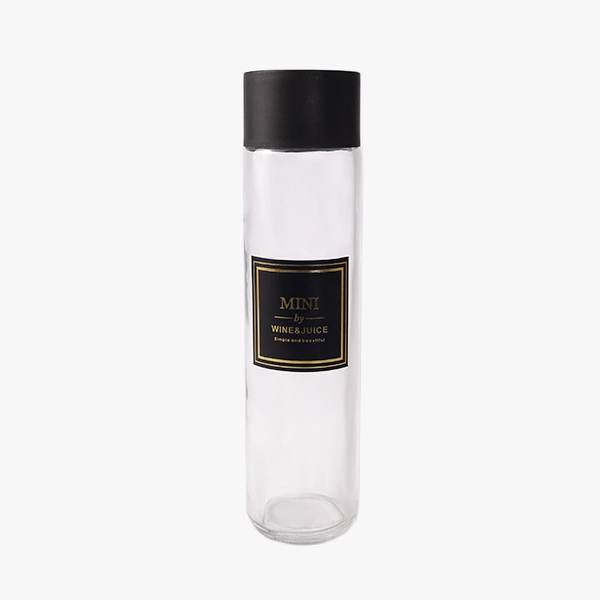
Products include premium rum bottles, specialty spirits, and export packaging. Glass ensures authenticity, durability, and premium presentation.
The distillery has won global awards for quality and packaging design. It also adheres to international export and sustainability standards.
Agro-Food Producers and Small Distilleries
Haiti’s agro-food sector includes producers of sauces, syrups, and fruit beverages that use glass bottles for local and export markets. Small distilleries also package artisanal rums and liqueurs in glass.
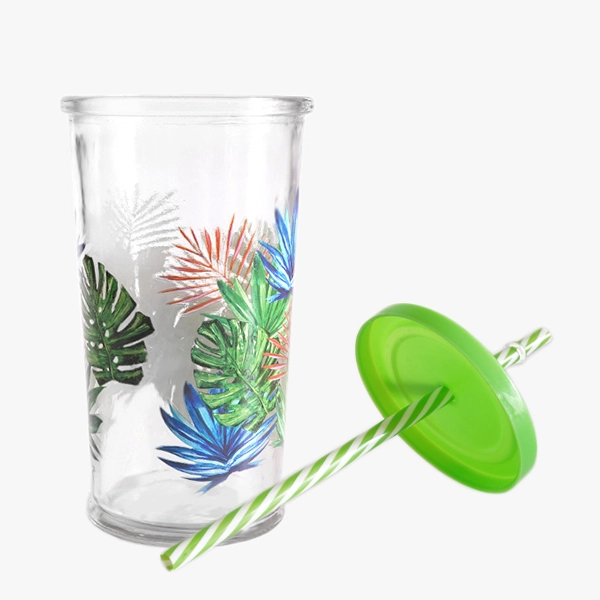
Products include hot sauce bottles, syrup containers, and artisanal rum bottles. Glass packaging adds value and supports entry into niche export markets.
These businesses source bottles from the Dominican Republic and overseas, customizing them with branding for international buyers.
| Company | Founded | Core Products | Industries | Certifications |
|---|---|---|---|---|
| BRANA (Heineken) | 1973 | Beer bottles, soda bottles | Breweries, beverages | ISO, Sustainability Standards |
| Rhum Barbancourt | 1862 | Premium rum bottles | Spirits, exports | Global Awards & Export Standards |
| Agro-Food & Small Producers | 20th–21st century | Sauces, syrups, artisanal rums | Agro-food, exports | Food Safety & Export Certifications |
Part 3: Trade Shows and Industry Events
Foire Internationale d’Ha?ti (Haiti International Fair)
The Haiti International Fair is a major platform for showcasing local products. Beverage and agro-food companies display their glass-packaged goods to domestic and international buyers. It helps strengthen Haiti’s export visibility.
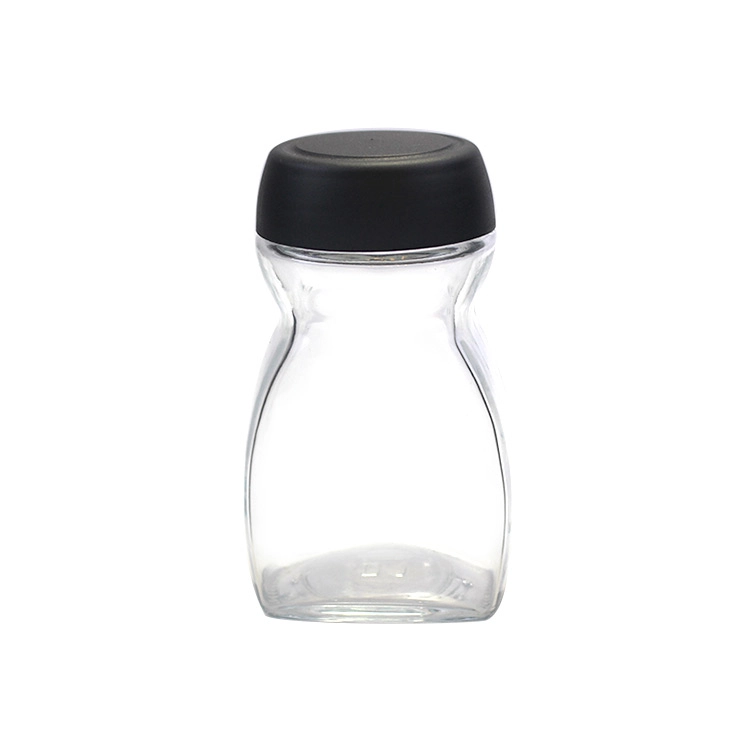
Held annually in Port-au-Prince, it highlights packaging innovation, sustainability, and trade opportunities.
Caribbean Rum & Food Festival
Haitian distilleries, including Rhum Barbancourt, participate in the Caribbean Rum & Food Festival. Glass packaging plays a central role in showcasing premium rums.
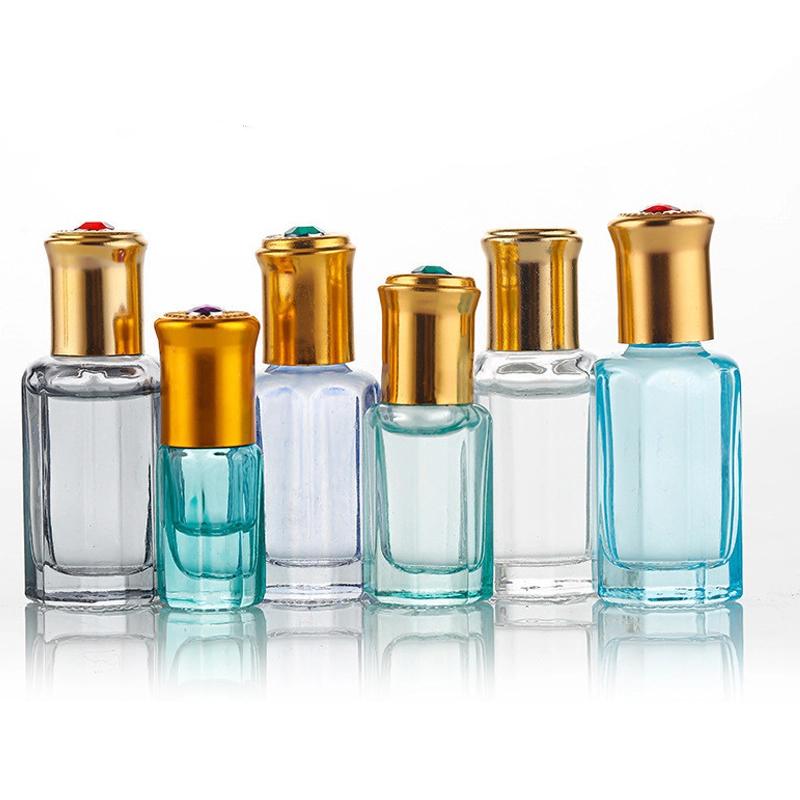
The festival rotates among Caribbean islands, connecting rum producers with international distributors. Highlights include bottle design awards, tastings, and export networking.
| Event | Date | Location | Highlights |
|---|---|---|---|
| Haiti International Fair | Annual | Port-au-Prince, Haiti | Beverage packaging, export promotion |
| Caribbean Rum & Food Festival | Annual | Caribbean (rotating) | Premium rum packaging, branding, networking |
Part 4: Impact of Global Trade Policies
Haiti imports nearly all of its glass bottles, making global trade policies and shipping costs critical. Rising freight rates and supply chain disruptions directly affect availability. This dependency creates risks for producers.
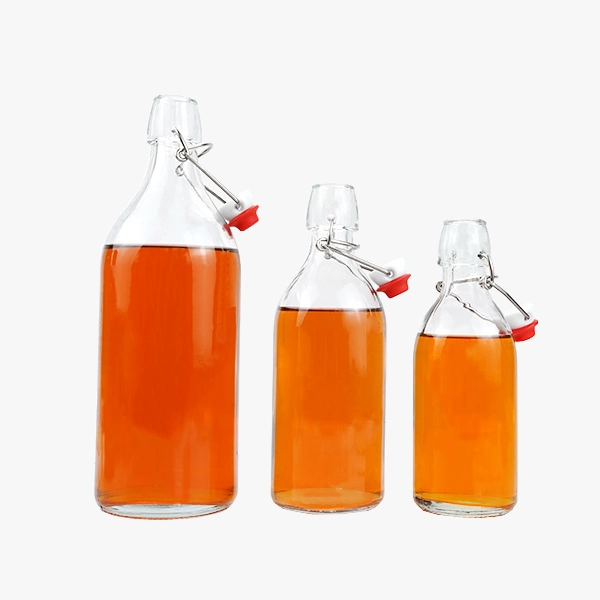
As a CARICOM member, Haiti benefits from regional trade agreements that facilitate imports from neighboring countries like the Dominican Republic. This helps stabilize supply and reduce costs.
Global sustainability policies promote recycling and eco-friendly packaging. By adopting these practices, Haitian producers strengthen competitiveness in export markets.
Part 5: Conclusion
Haiti’s glass bottle industry is driven by BRANA’s brewery, Rhum Barbancourt’s distillery, and small agro-food producers. Tourism, exports, and sustainability initiatives ensure strong ongoing demand.
Challenges include reliance on imports, shipping delays, and limited local production. The future depends on eco-friendly innovation, regional partnerships, and premium branding for global markets.
Recommended Reading:
- Glass Bottle Manufacturers in Guyana
- Glass Bottle Manufacturers in Guinea-Bissau
- Glass Bottle Manufacturers in Guinea
- Glass Bottle Manufacturers in Guatemala
- Glass Bottle Manufacturers in Iraq
- Glass Bottle Manufacturers in Grenada
- Glass Bottle Manufacturers in Georgia
- Glass Bottle Manufacturers in Gambia
Gold Metal Aluminum Perfume Cap
Mini Spray Perfume Bottle 2ml 3ml 5ml 8ml 10ml
Glass Bottle Manufacturers in New Zealand
Glass Bottle Manufacturers in Ireland

